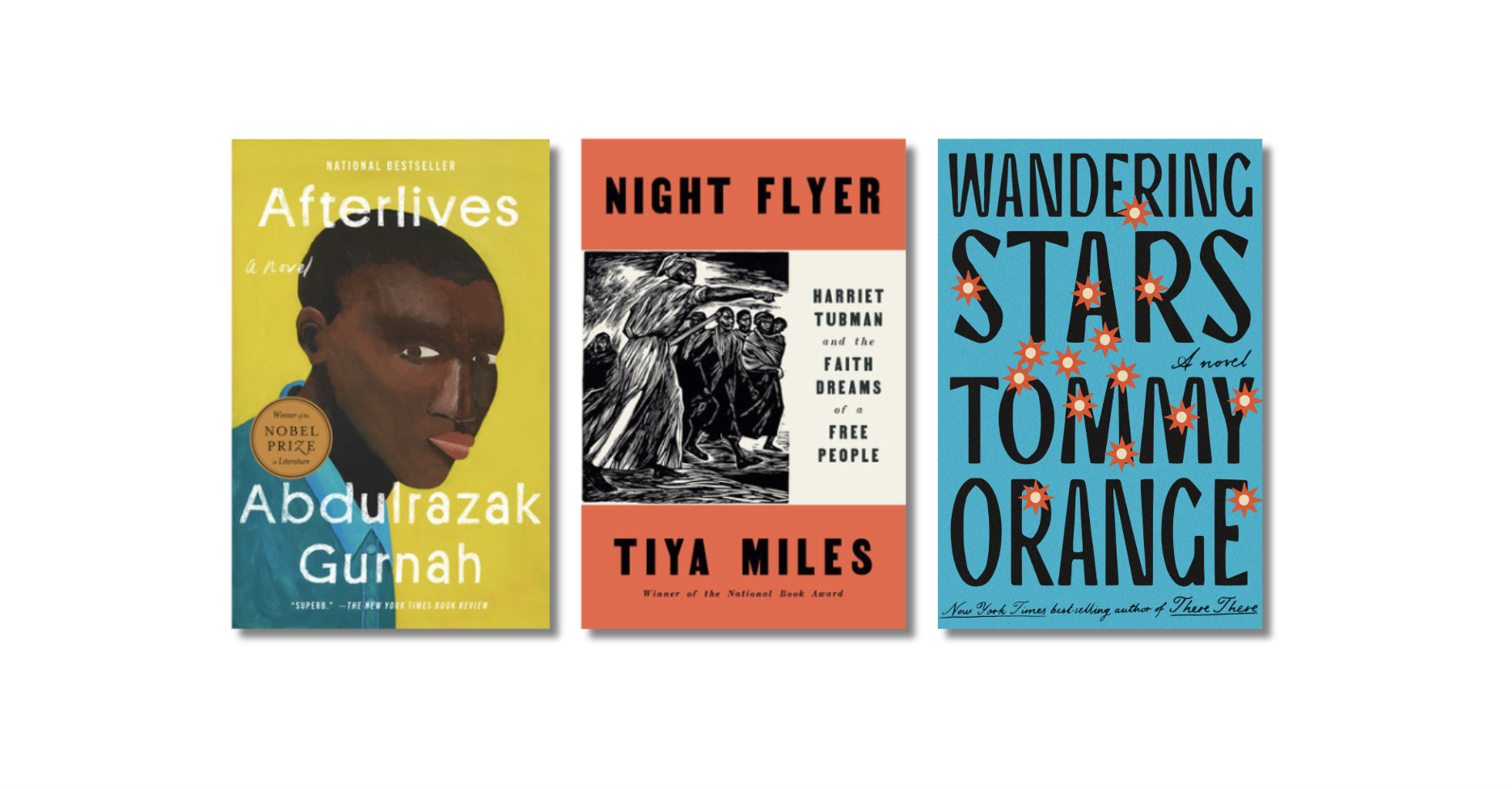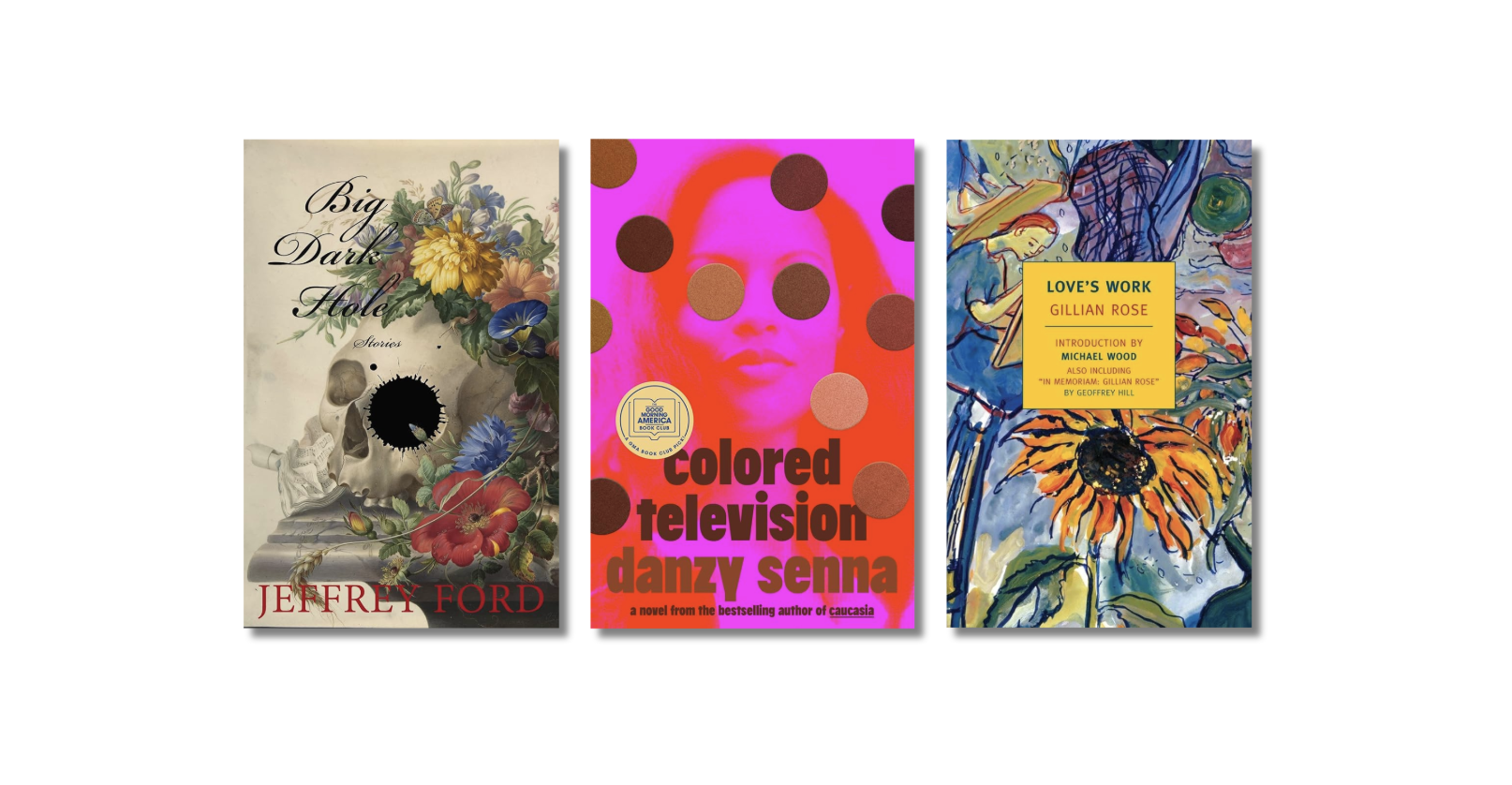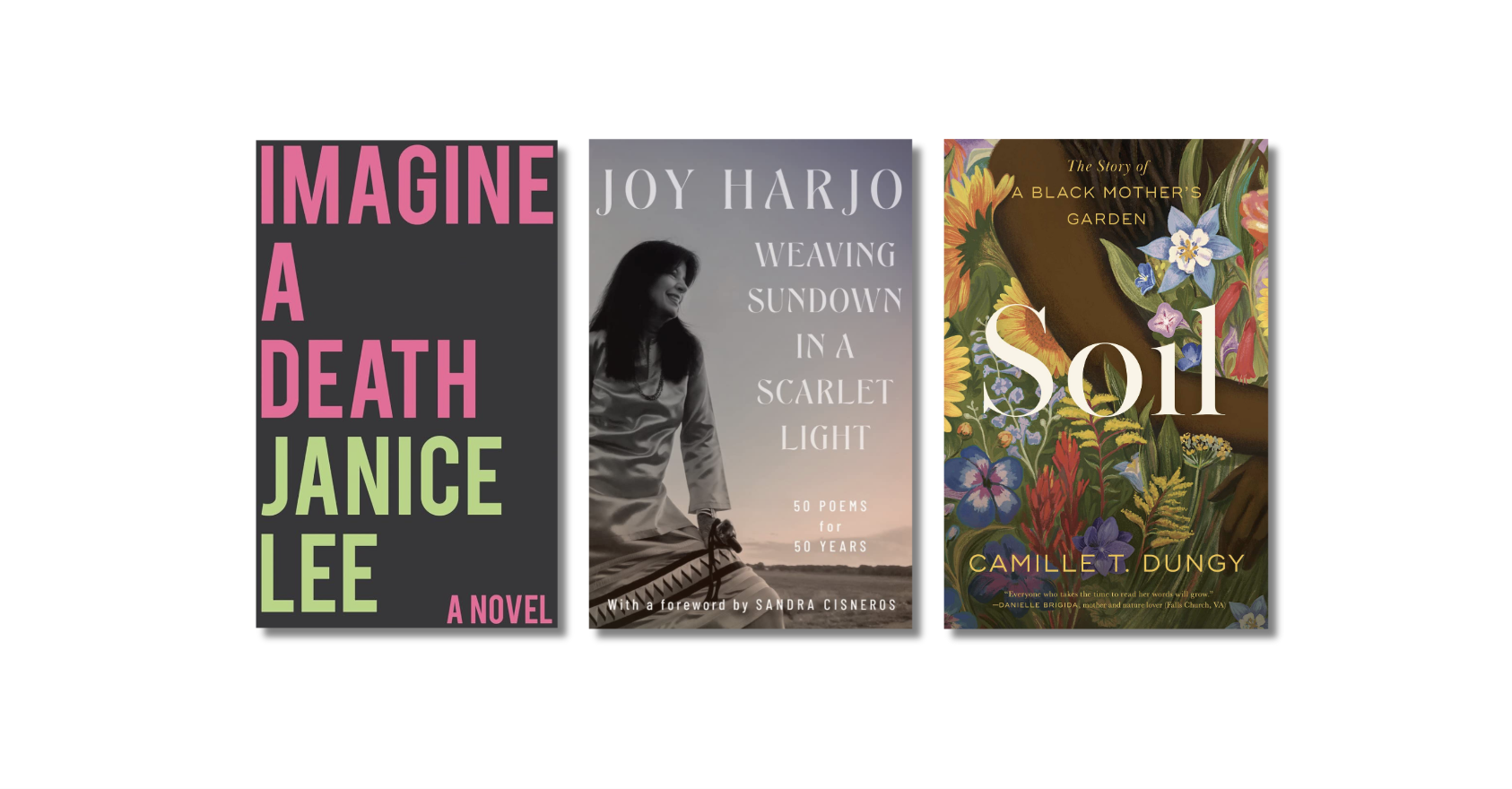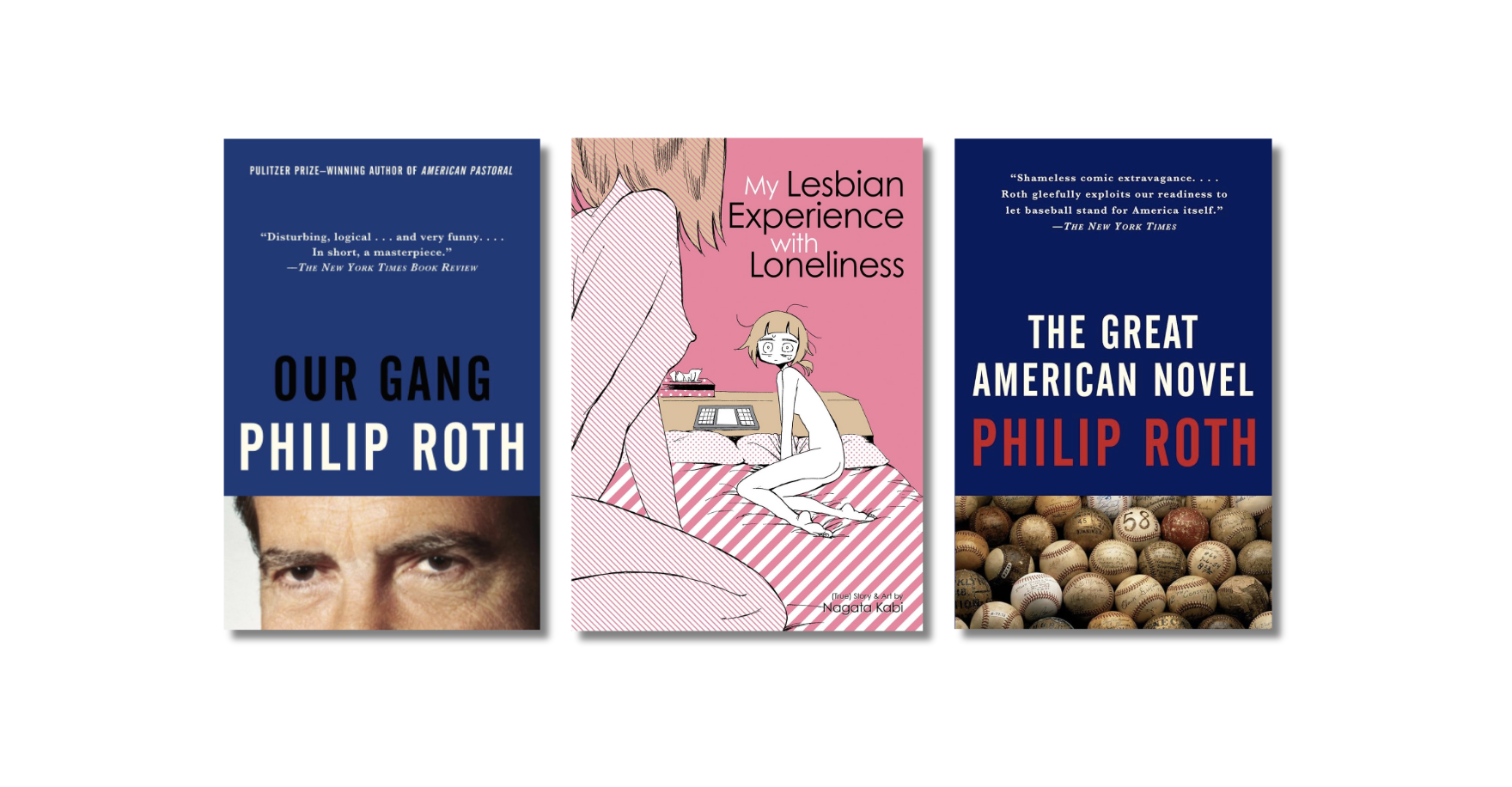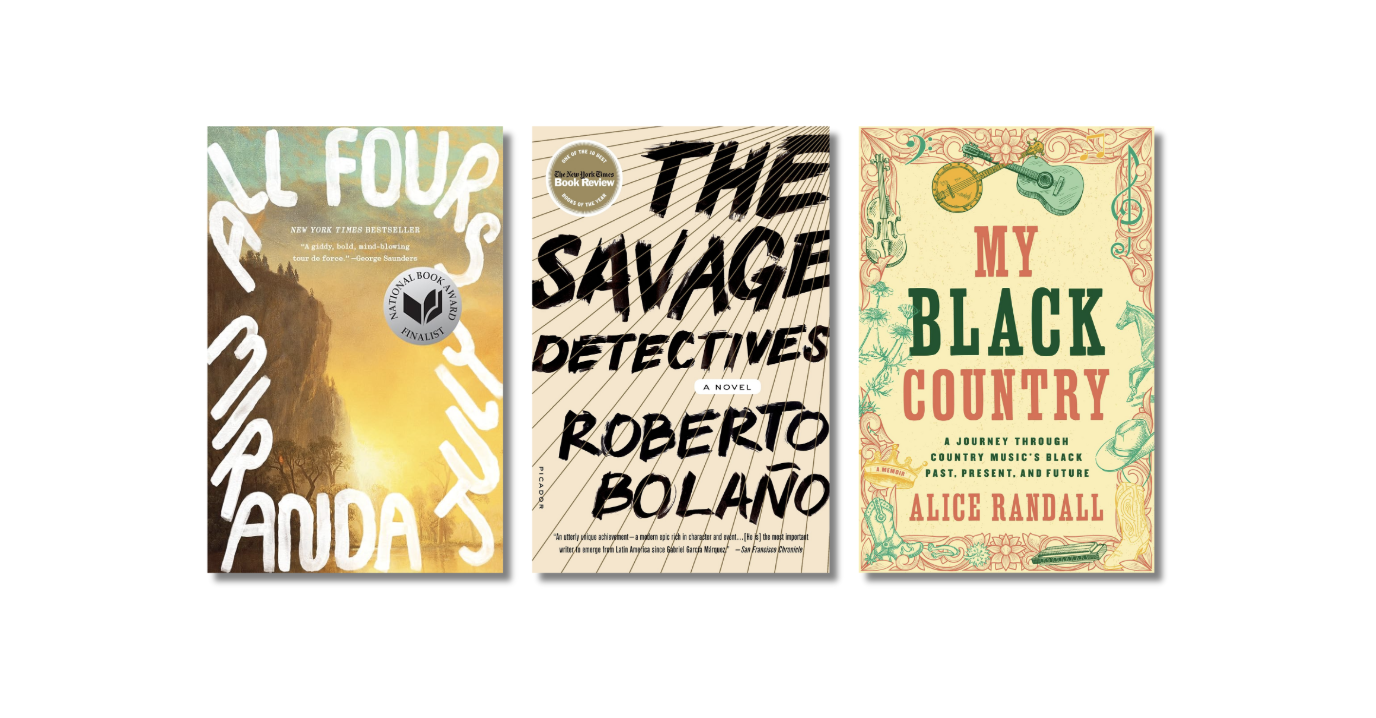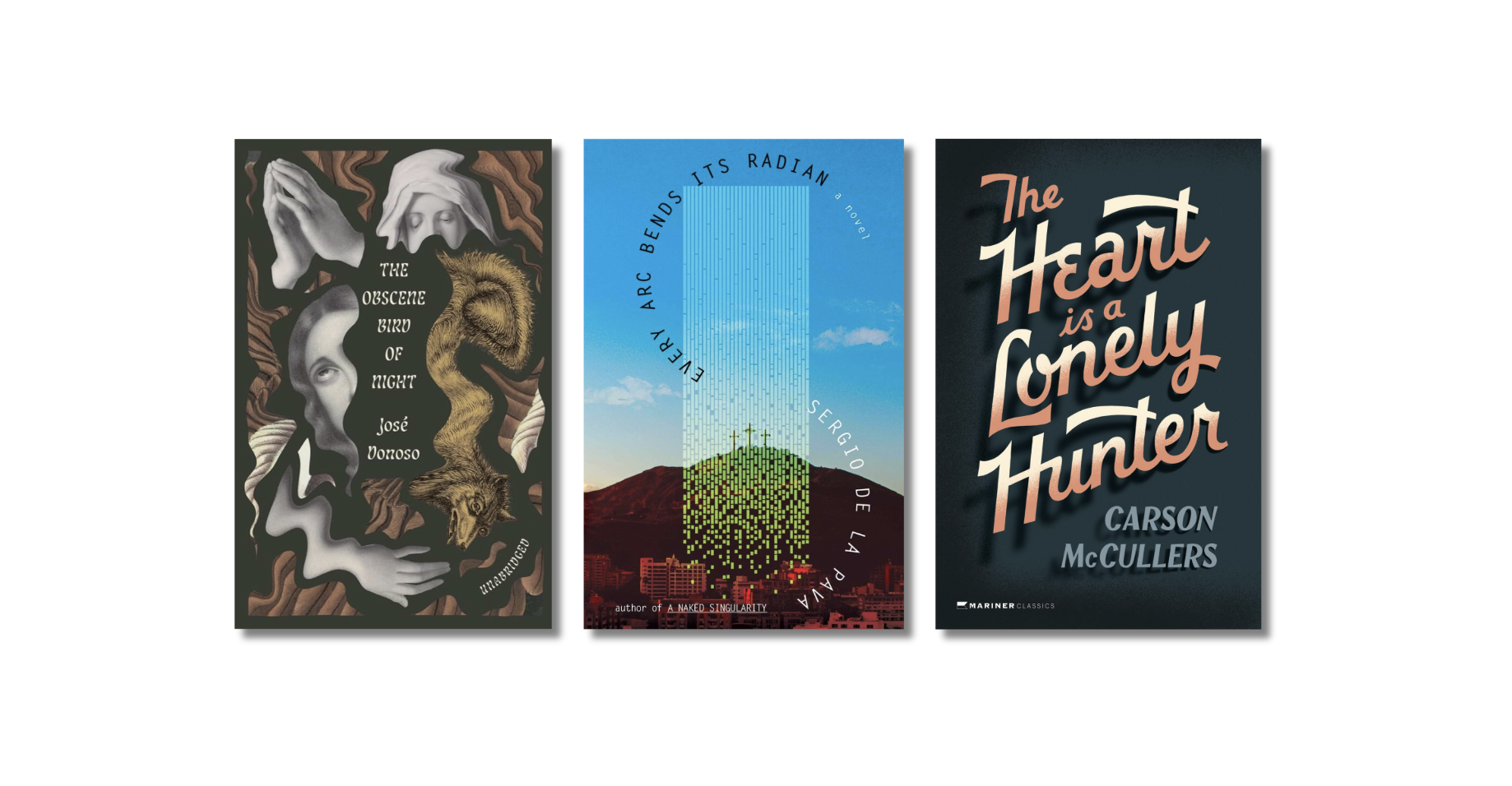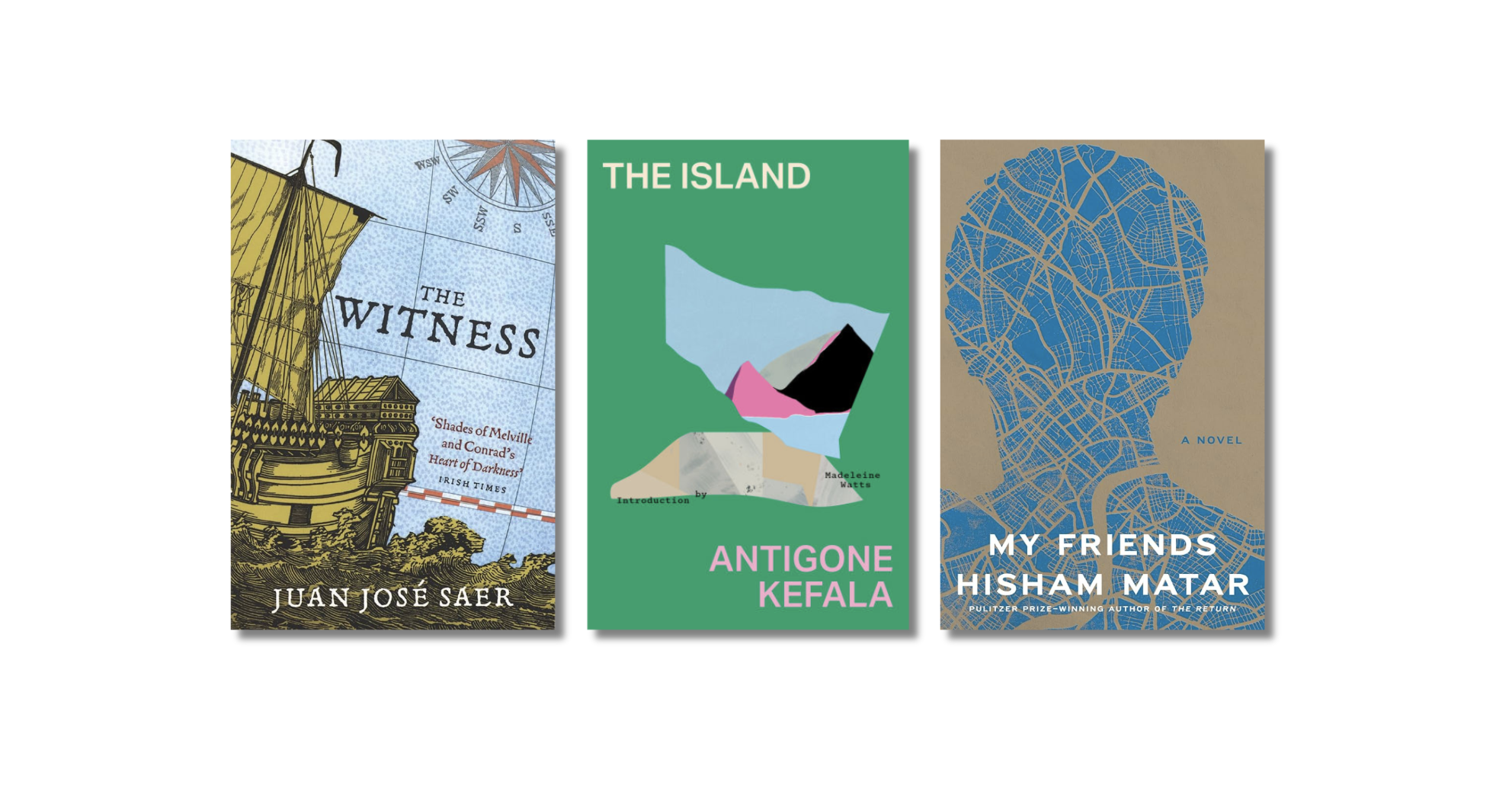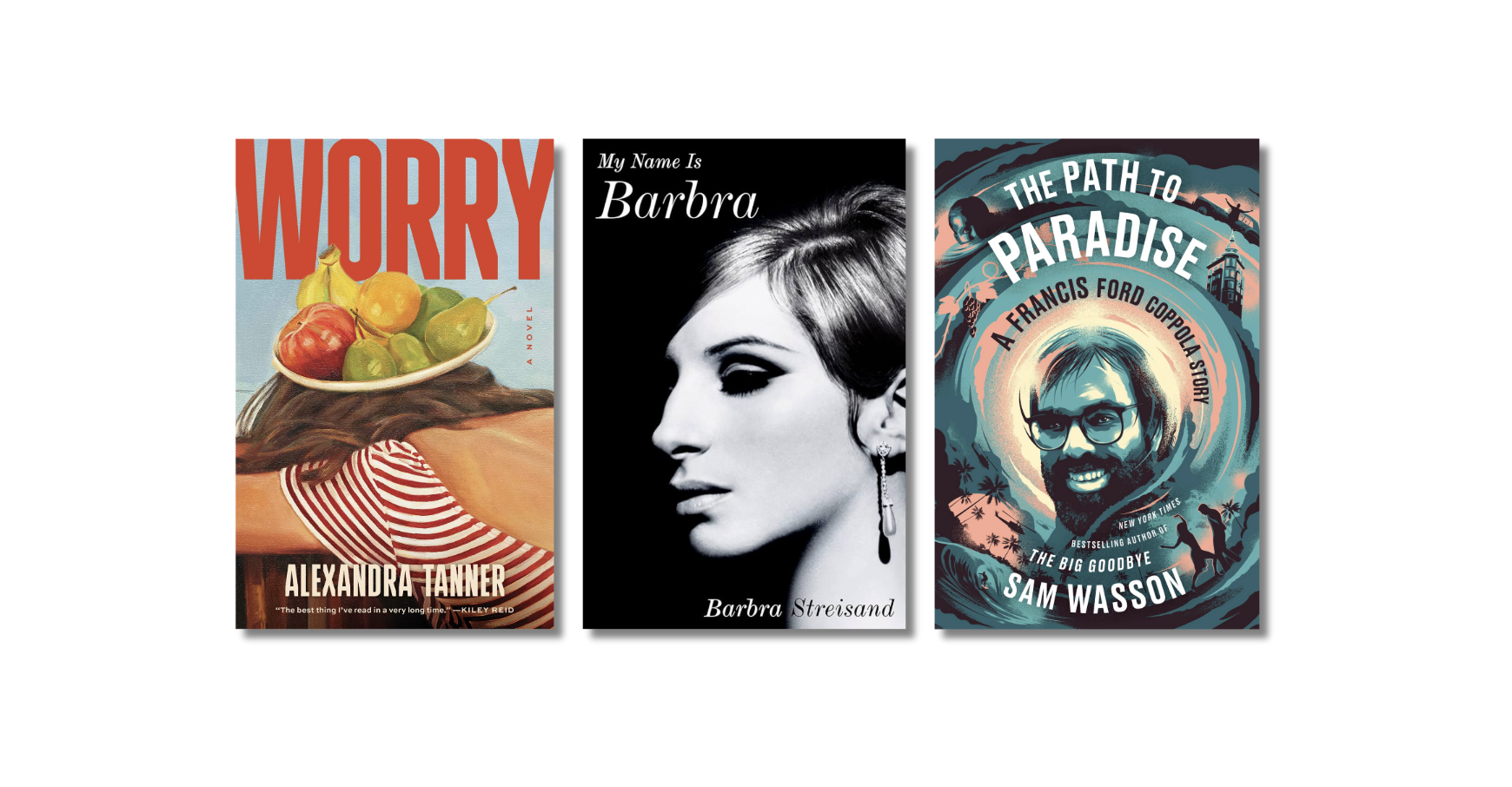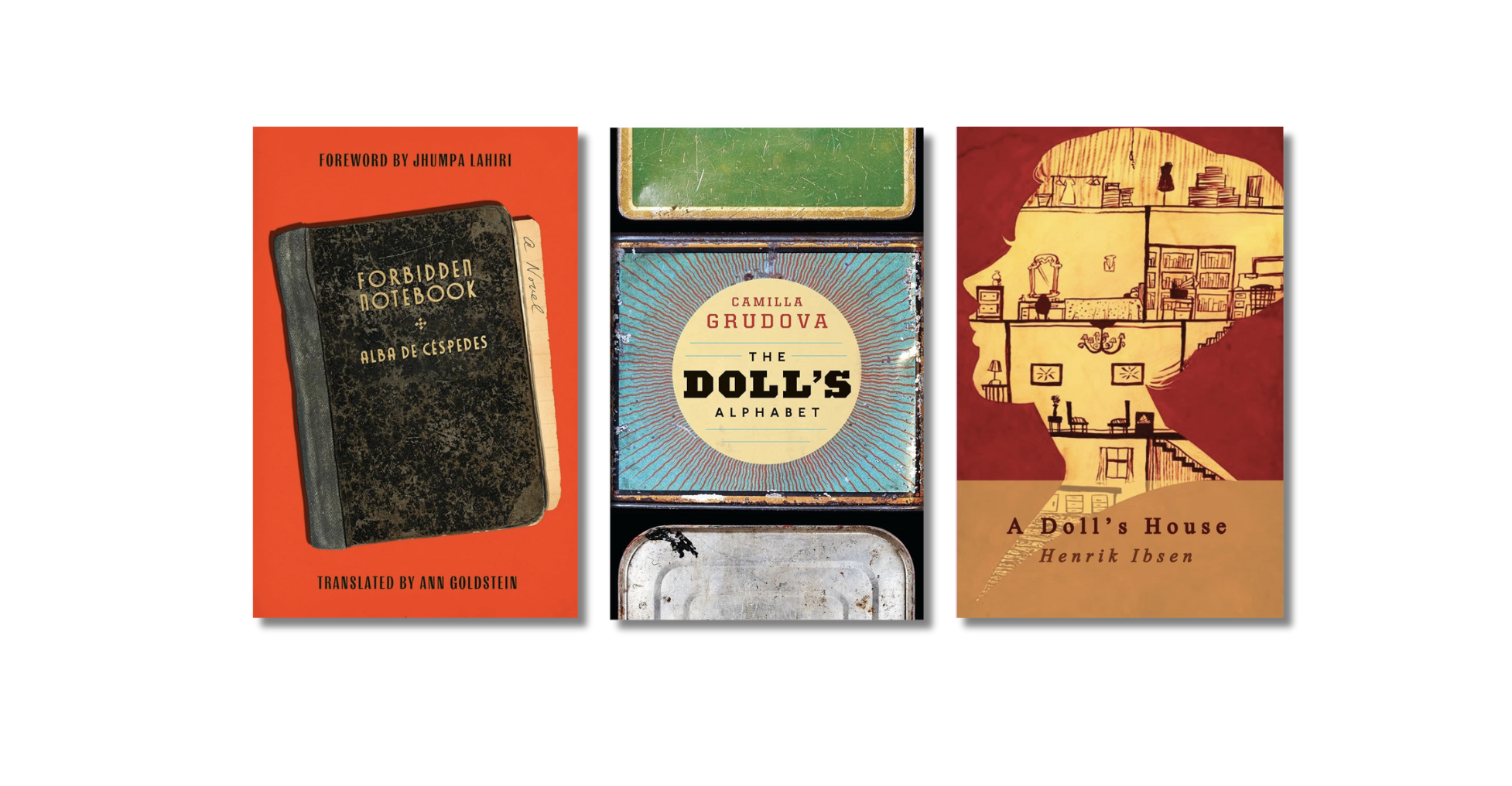I wish I had thought to keep a log of the books I read. But I didn’t, regarding book reading as my life of pleasure, not the calling for account. I’ll reform next year, for 2025 is going to need a list of what my country allows me to enjoy. But here, now, I scratch my memory for authors and titles I enjoyed, admitting that I enjoyed more books than the titles I can recall.

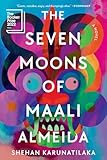

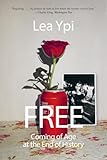
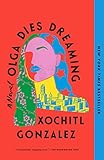 My list manifests my attraction to other times and other places. I’m drawn to the intimate thoughts that—rightfully—hide from history. (I wouldn’t want to live where some kind of History-STASI-FBI had access to our emotions.) Yet I do love history, and my list confirm my love. My books’ most recent historical setting is in the twenty-first century BC—Before Covid: Olga Dies Dreaming by Xochitl Gonzalez, in nearly contemporary, gentrifying Brooklyn. Free: Coming of Age at the End of History by Lea Ypi takes place in Albania during the years of transition away from communism, culminating in revolution in the 1990s. The Seven Moons of Maali Almeida by Shehan Karunatilak is set in turbulent Sri Lanka at the turn of the twenty-first century, with its anarchy and personal assaults. Wandering Stars by Tommy Orange gives us closely followed individual lives—transcendent as well as trapped—in our shared hometown of Oakland. Each book is different in voice and style, but they share a gift of humor within pathos.
My list manifests my attraction to other times and other places. I’m drawn to the intimate thoughts that—rightfully—hide from history. (I wouldn’t want to live where some kind of History-STASI-FBI had access to our emotions.) Yet I do love history, and my list confirm my love. My books’ most recent historical setting is in the twenty-first century BC—Before Covid: Olga Dies Dreaming by Xochitl Gonzalez, in nearly contemporary, gentrifying Brooklyn. Free: Coming of Age at the End of History by Lea Ypi takes place in Albania during the years of transition away from communism, culminating in revolution in the 1990s. The Seven Moons of Maali Almeida by Shehan Karunatilak is set in turbulent Sri Lanka at the turn of the twenty-first century, with its anarchy and personal assaults. Wandering Stars by Tommy Orange gives us closely followed individual lives—transcendent as well as trapped—in our shared hometown of Oakland. Each book is different in voice and style, but they share a gift of humor within pathos.

 Then, looking backwards, there’s Afterlives by Abdulrazak Gurnah, set in German East Africa in the First World War and its aftermath in a place unknown to me personally. Two novels, James by Percival Everett and Let Us Descend by Jesmyn Ward, and a book of creative nonfiction, Night Flyer: Harriet Tubman and the Faith Dreams of a Free People by Tiya Miles, are set in the antebellum US South, a place familiar to me in history. These books reopen that past through stunning uses of imagination.
Then, looking backwards, there’s Afterlives by Abdulrazak Gurnah, set in German East Africa in the First World War and its aftermath in a place unknown to me personally. Two novels, James by Percival Everett and Let Us Descend by Jesmyn Ward, and a book of creative nonfiction, Night Flyer: Harriet Tubman and the Faith Dreams of a Free People by Tiya Miles, are set in the antebellum US South, a place familiar to me in history. These books reopen that past through stunning uses of imagination.

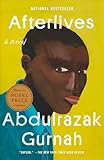 These books aren’t history history, which seeks to impart representative truth, to generalize about people, places, and eras. What these books bestow is the beauty of individual specificity through the art of language, infusing our human situation with personal intimacy. Each book soars above—no, burrows below—history history, embodying uniqueness within change over time. When advocates for reading tout books’ ability to transport us beyond ourselves, they’re right, for surely these books connect us to the community of what in the twentieth century used to be named “the family of man.” Call it universal humanity.
These books aren’t history history, which seeks to impart representative truth, to generalize about people, places, and eras. What these books bestow is the beauty of individual specificity through the art of language, infusing our human situation with personal intimacy. Each book soars above—no, burrows below—history history, embodying uniqueness within change over time. When advocates for reading tout books’ ability to transport us beyond ourselves, they’re right, for surely these books connect us to the community of what in the twentieth century used to be named “the family of man.” Call it universal humanity.
